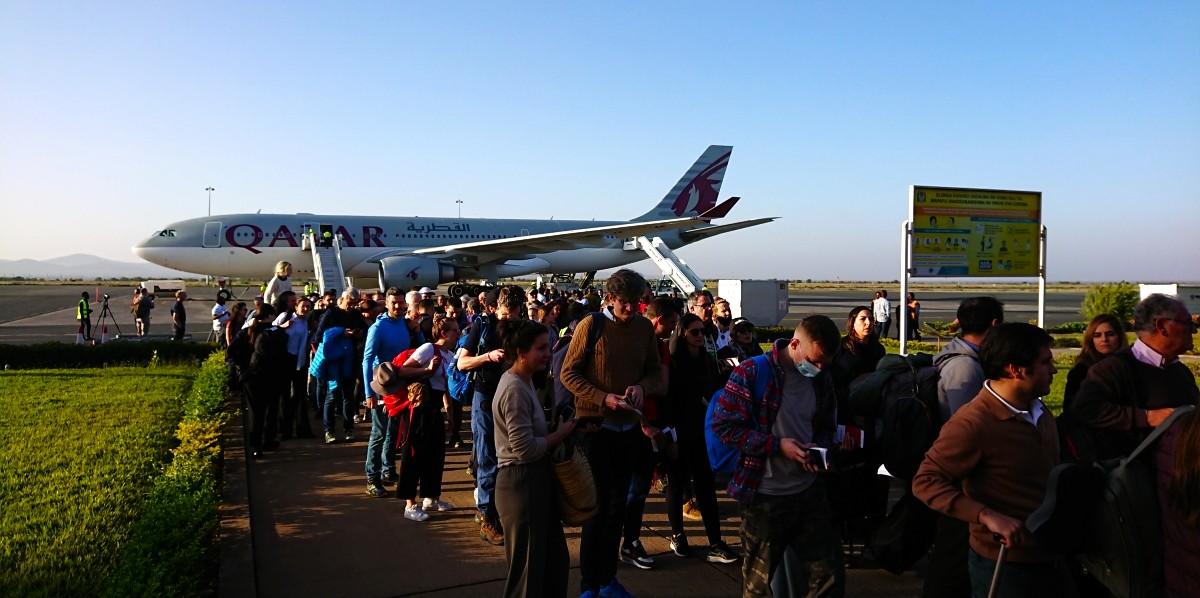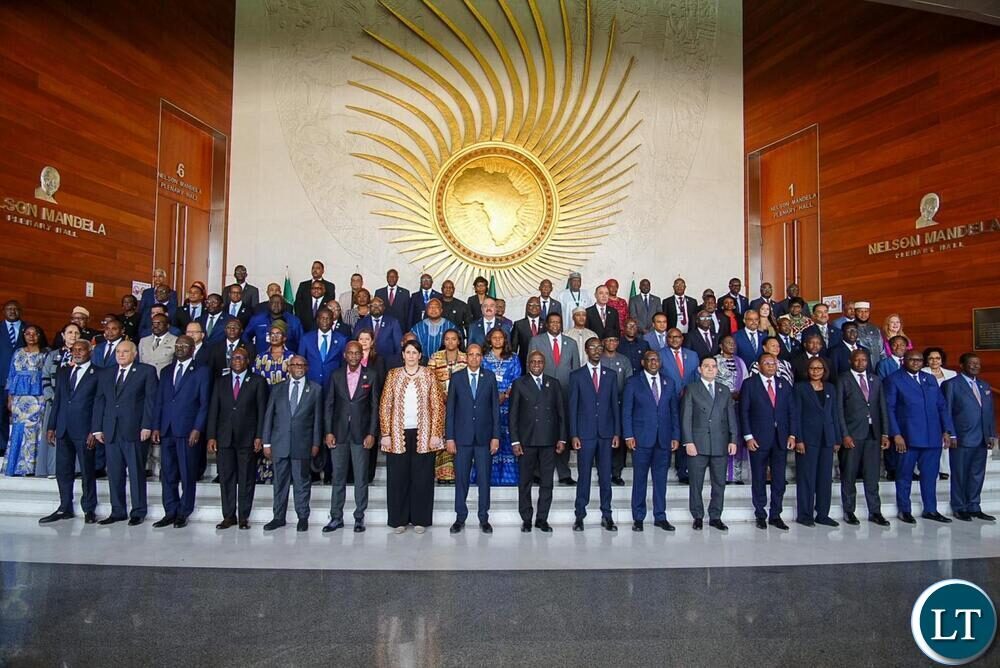
Monday 15th September 2025

Par inAfrika Reporter
Tanzania’s aviation establishment is treating this month like a final approach. After a summer shock that put every Tanzanian-certified carrier on the EU’s no-fly list, regulators say the corrective work is complete and airlines are staging for a return to Europe as soon as the decision lands. No one is popping champagne—the listing stands until Brussels updates its register—but the tone has shifted from crisis to readiness.
The distinction that matters is oversight versus airworthiness. Fleets built around modern equipment weren’t the issue; the spotlight fell on the strength and consistency of national supervision. That’s why the repair job never lived in a hangar alone. It lived in binders, audits, training, manuals, and the muscle memory of inspectors who must prove they can enforce the rules every day, not just when a delegation visits. The government’s message is simple: the system has been serviced.
If Europe signs off, the commercial gears turn immediately. Europe is a network, not just a destination. A greenlight restores credibility in codeshares and interline deals, unlocks higher-yield cargo into premium markets, and improves the leverage airlines need to finance growth. The national carrier is poised to move first, stitching European hubs back into a map that already connects Guangzhou, Mumbai and key African capitals, with Lagos joining the roster this month. Airports will pivot to promotion, tour operators will rebuild one-stop itineraries, and freight forwarders will recalculate transit times for perishables and high-value goods.
Tourism feels this most. Tanzania sells a rare mix—Serengeti, Kilimanjaro, Zanzibar—and the European traveller is its most bankable repeat customer. A direct or efficient one-stop to EU gateways doesn’t just add seats; it adds confidence for families, conference planners and safari operators who build a year ahead. Hotels, ground handlers and guides across Arusha and the islands read the same tea leaves: when the route map looks strong, bookings follow.
Yet the long game is regulatory habit. The ban was a bruise and a warning. If the fix is real, Tanzania emerges with a sturdier authority, better processes and a reputation for taking tough feedback seriously—signal value in an industry where risk is priced into every deal. The real test isn’t the day the Air Safety List changes; it’s the months after, when vigilance must outlast the headlines. That is how a setback becomes a moat: by proving that compliance isn’t a scramble, it’s a culture.
For now, all eyes remain on Brussels and Cologne. When the call comes, the story flips from diplomacy to delivery. If Tanzania nails that pivot—quiet competence, punctual schedules, and an oversight spine that doesn’t bend—the country will have turned a grounding into a relaunch. The runway is ready. The tower just needs to clear takeoff.


